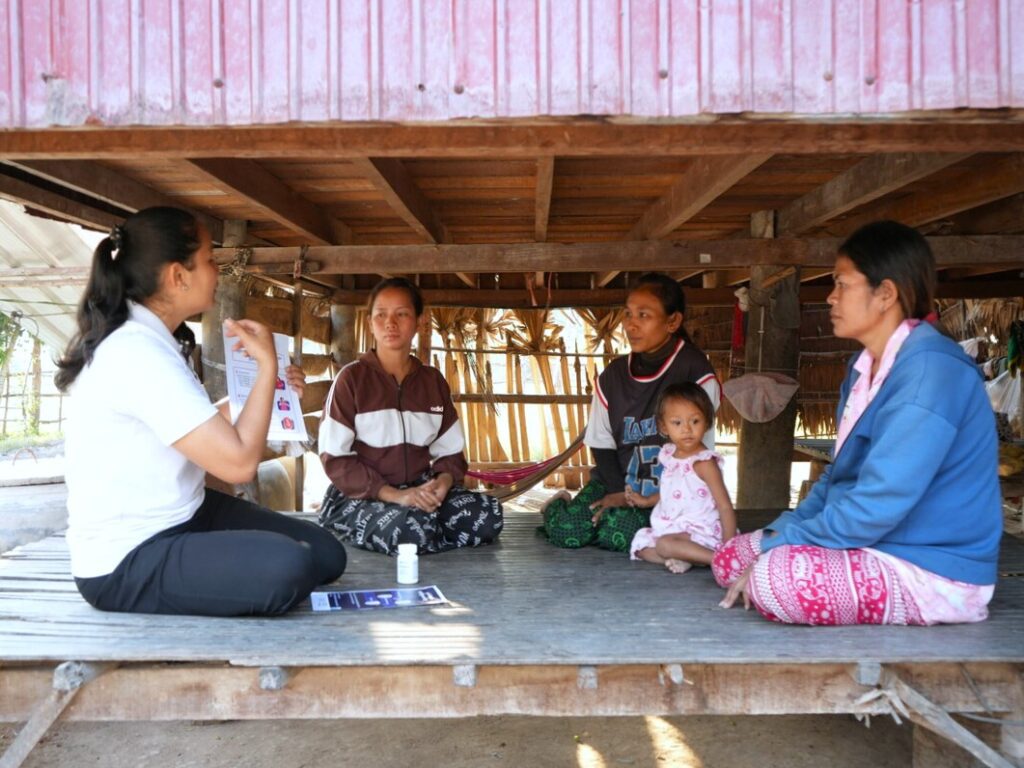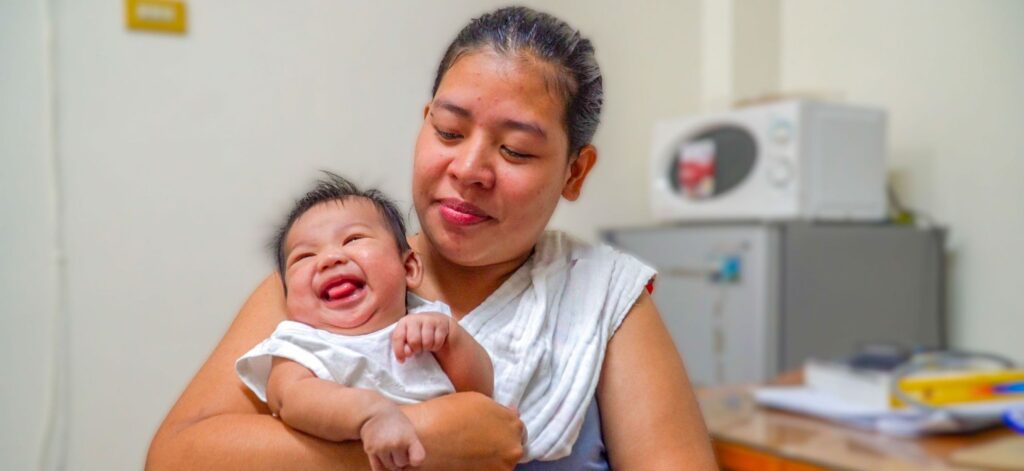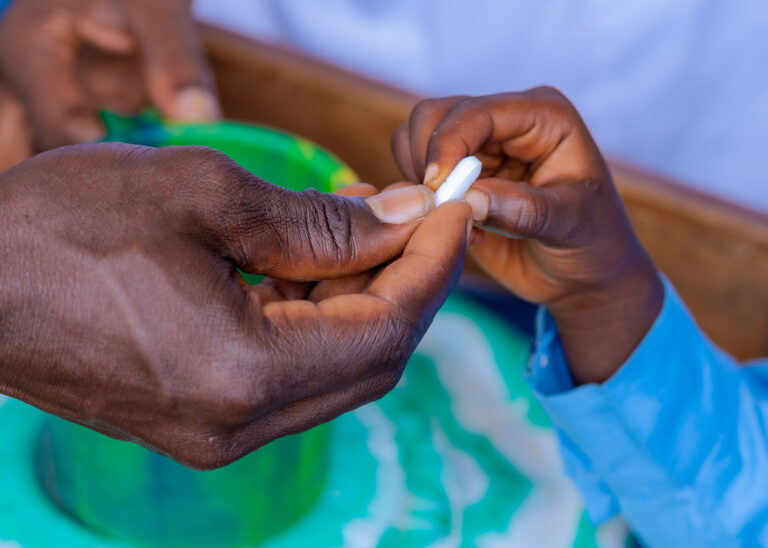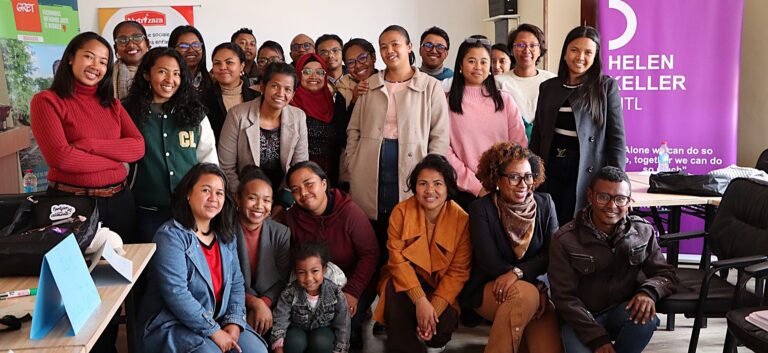Speaking Technically: Improving Nutrition for Children and Families Across Asia

Mai Hoang, advisor and coordinator for our nutrition programs in Asia, works with teams across Bangladesh, Cambodia, Nepal, and the Philippines to improve nutrition, food security, and community health systems.
Currently based in the Philippines, Mai spoke with us about how a childhood interest in nutrition led to her work with Helen Keller Intl.
You’ve spent your entire career in global health. What motivates you to do this work?
My father was a military doctor for South Vietnam during the Vietnam War. I was born there but immigrated to the United States when I was one year old, following the fall of Saigon. Growing up, I would hear stories from my family about the challenges they faced in Vietnam. Often, they spoke about family members and friends going hungry, with not enough rice to eat and no meat. So, from an early age, I had an interest in nutrition. I had a longing to “fix” these problems. I think those stories told by my parents, aunts, and uncles at every weekend family gathering, and in every letter coming from Vietnam, led me to pursue public health.
Among our projects to bolster nutrition throughout Asia, what do you see as a key initiative for improving community health?
I’m incredibly proud of our multiple micronutrient supplementation work. These prenatal supplements with 15 essential vitamins and minerals improve health outcomes for mothers and babies by reducing the risks of stillbirth, anemia, low birth weight, and pre-term births. We’re partnering with ministries of health and community health workers worldwide to shift from supporting healthier pregnancies with the standard iron-folic acid supplement to this more effective prenatal supplement.
When I joined Helen Keller in 2021, this work was happening only in Cambodia, but in just three years, we’ve expanded to Bangladesh, the Democratic Republic of Congo, Mali, Nepal, Nigeria, the Philippines, Senegal, and Sierra Leone. The growth has been remarkable!

Why are these nutrition interventions so important for mothers and children?
The first 1,000 days of a child’s life, from pregnancy to their second birthday, are crucial for healthy development. The effects of not receiving proper nutrition during this time can last a lifetime. In the Philippines, for example, we worked with a mother of four named Catherine, who lives in Tondo, Manila. Catherine’s previous pregnancies had been full of difficulties, and her eldest child was frequently sick. But during her most recent pregnancy, Catherine joined our mother-to-mother support groups and took multiple micronutrient supplements.
She noticed a difference right away. She even reported her baby kicking much more than in previous pregnancies! Today, her youngest daughter, Jasmine, is thriving and has never been sick since birth – a testament to the power of proper maternal nutrition!
Extreme weather events are intensifying existing food insecurities. How are we helping communities build resilience?
Extreme weather significantly impacts food security and nutrition in the communities where we work. One strategy that doesn’t get enough attention is supporting diversified livelihoods. Climate-resilient farming practices are crucial, but in times of disaster, having access to money is also important.
In Nepal and Bangladesh, for example, we’re very focused on helping people have successful income-generating activities, including setting up village savings and loan associations. These help women build savings, start small businesses, and financially support their families when extreme weather strikes. While it may not sound like a climate-resilient approach, we all know that when we face a crisis – whether it’s a flat tire, a sick child, or something else – the first thing we need is money.

How do we ensure that our approach is culturally sensitive and responsive to community needs across many different regions?
One of our strengths is our close relationships with governments and local community partners. We build our programs to align with national health priorities, and we’re lucky to have strong working relationships that allow us to leverage existing health systems and infrastructure.
We also employ local staff who understand the cultural context and adapt our approach based on participant feedback. We have a robust system for collecting feedback: we host focus groups, conduct surveys of participants, and even provide phone numbers so participants can call to share feedback. By staying open and listening, we build trust, increase program participation and acceptance, and achieve better health outcomes.




